In response to the unprecedented challenges brought about by the COVID-19 pandemic, the U.S. Department of Health and Human Services swiftly implemented various administrative measures to promote and facilitate the adoption of telehealth services. While some of these changes are permanent, others are temporary and are in effect until December 31, 2024. Permanent Medicare Changes – Behavioral/Mental Health Services: FQHCs and RHCs can now serve as distant site providers. Medicare patients can receive telehealth services for behavioral/mental health care in their homes. No geographic restrictions for originating sites for behavioral/mental telehealth services. Behavioral/mental telehealth services can be delivered through audio-only communication platforms. REHs are eligible originating sites for telehealth. Temporary Medicare Changes through December 31, 2024 – Non-Behavioral/Mental Telehealth Services: FQHCs and RHCs can serve as distant site providers. Medicare patients can receive telehealth services in their homes. No geographic restrictions for originating sites. Some non-behavioral/mental telehealth services can be delivered using audio-only communication platforms. In-person visit not required within six months of an initial behavioral/mental telehealth service. Billing for Telehealth: Reimbursements for telehealth services continue to evolve. Resources on billing and reimbursement for Medicare, Medicaid, and private insurers are available. Medicaid reimbursement policies vary by state, and many commercial health plans have expanded coverage for telehealth services. Key Considerations for Providers – Telehealth Codes Covered by Medicare: Medicare added over one hundred CPT and HCPCS codes to the list of telehealth services. In the dynamic realm of healthcare, asynchronous telehealth, commonly known as “store and forward,” reshapes patient-provider dynamics by facilitating seamless sharing of crucial information such as lab results and images. For Medicaid, state-specific policies dictate billing procedures for asynchronous telehealth, ensuring providers align with regional guidelines. In Medicare, although federal limitations exist, specific tasks like virtual check-ins can be billed using designated codes. Notably, Rural Health Clinics (RHCs) and Federally Qualified Health Centers (FQHCs) can bill Medicare for telehealth services until December 31, 2024, encompassing a range of approved services. From home accessibility to distinct reimbursement rates for virtual communication services, this section sheds light on key billing nuances. For safety-net providers, StafGo Health offers tailored expertise, ensuring optimal billing processes and financial stability in the evolving telehealth landscape. Coding Claims – Understanding Common Billing Mistakes: Understand the place of service (POS) codes affecting reimbursement. Common billing mistakes include incorrect billing codes, thorough post-visit documentation, patient consent, and billing for the actual time spent with the patient. State Medicaid Telehealth Coverage: Policies vary by state, with most states expanding Medicaid coverage for telehealth. Looking Ahead: The Centers for Medicare & Medicaid Services (CMS) issued the Calendar Year 2024 Physician Fee Schedule Final Rule, extending telehealth flexibilities through December 31, 2024. Healthcare professionals are encouraged to stay informed about ongoing changes and updates in telehealth policies. How StafGo Health Can Help: Amidst these evolving telehealth policies, StafGo Health stands as a trusted partner in healthcare financial management. Our highly qualified team, boasting decades of experience, is equipped to navigate the complexities of Healthcare billing and reimbursement. We understand the nuances of Healthcare billing and can ensure accurate and efficient billing processes. With a proven track record, StafGo Health is committed to empowering healthcare providers, enhancing operational efficiency, and securing financial stability. For more detailed information, resources, and personalized assistance, reach out to StafGo Health (Email: Support@StafGo.com). As the healthcare landscape continues to evolve, having a reliable partner in billing and credentialing solutions is paramount. Let us be your ally in shaping a successful and financially secure future for your practice. Reference: Telehealth policy changes after the COVID-19 public health emergency | Telehealth.HHS.gov
